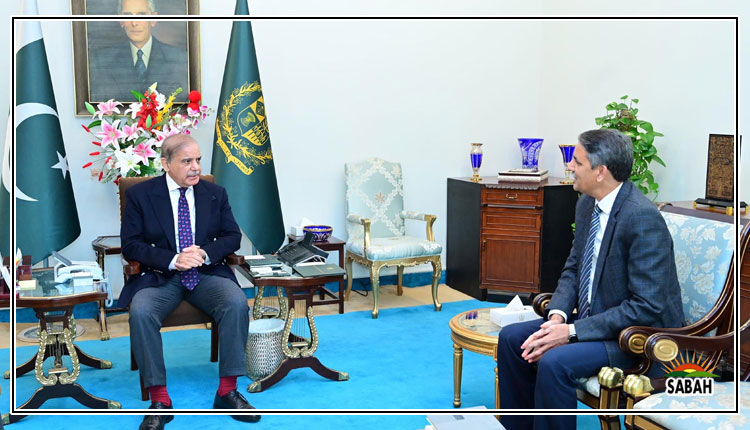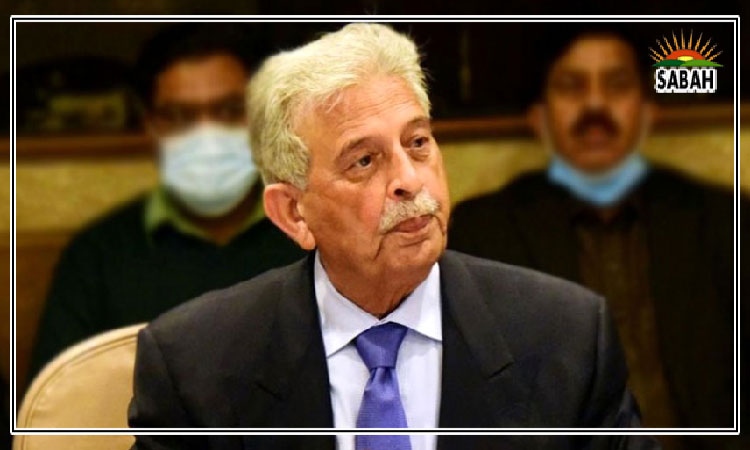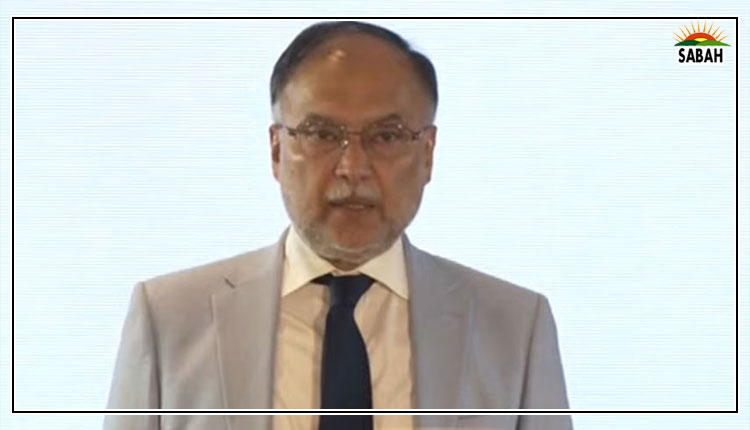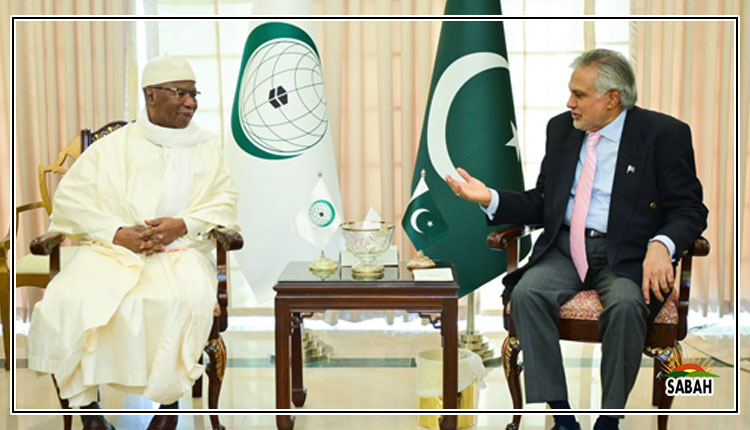What do the experts say?…By Maheen Shafeeq
As the year nears its end, Islamabad’s leading institutions host their annual dialogues, bringing together top-tier experts to analyse critical global and regional developments.
This year, experts described the evolving world order as transitioning from unipolarity to multipolarity. They highlighted the waning influence of the US, the steady ascent of China, and Russia’s resurgence.
Within this emerging multipolar framework, new players are gaining prominence; these are middle powers and the so-called ‘Global South’, which bring unique strengths and responsibilities essential for fostering stability. However, analysts noted that the unipolar order persists while the new multipolar paradigm remains nascent, leaving the world at a precarious inflexion point.
At this point, while the US remains a dominant player, Washington is wrestling to ensure an upper hand by preventing the rise of peer competitors. In this regard, the US-China competition was discussed extensively at recent meetings with the emphasis that this competition should be managed responsibly so it does not turn into a conflict; otherwise, it would have a ‘severe impact’ on the rest of the world.
To ensure American hegemony, the Trump administration will utilise similar strategies as the Biden administration; however, the trade and technology restrictions will be accentuated. Under Trump’s presidency, the US will pursue ‘transparent transactionalism’ in foreign affairs.
The speakers suggested that the US is likely to pursue a strategy of encircling China through alliance-building, while China would respond with a strategy of passive rise focused on mutual benefits. However, isolating China would prove difficult, as even highly cohesive blocs are expected to favour a flexible approach in their dealings with Beijing.
China remains confident in the success of its Belt and Road Initiative (BRI), emphasising its transformative impact on infrastructure, which has halved travel times and significantly boosted commercial activities. Looking ahead, China anticipates turbulence and greater fragmentation, particularly under a renewed Trump administration. Rather than engaging in retaliatory trade wars, China intends to adopt damage control measures. The nation’s red lines, particularly regarding Taiwan, were highlighted, with some experts warning of potential provocations in this sensitive area.
Despite assurances to Russian leaders that Nato would not expand “by an inch”, the alliance’s enlargement has been the primary driver of the ongoing Russia-Ukraine conflict. The subject of Nato enlargement has previously contributed to the 2008 conflict in Georgia, and the 2014 and 2022 conflict in Ukraine. This suggests that this matter could trigger tensions in Eastern Europe. For Russia, the inclusion of new members to Nato constitutes its red line. American support for Ukraine has prompted Russia to lower the threshold for nuclear weapons use.
The speakers expressed lowering confidence in arms control and disarmament frameworks and cited a rise in nuclear rhetoric. Disruptive technology has added to this stress. While states might refrain from employing nuclear weapons due to the taboo and consequences attached, they should not be pushed to a point where they deem it as the only option.
In Afghanistan, the ultraconservative tribal system and socio-economic fragility present a grim outlook for the future. The Taliban’s denial of providing havens to terrorist organisations such as ISKP and the TTP poses significant regional and global threats. Their proposal to mediate between terror groups and Pakistan contradicts their claims of not harbouring these organisations. The Taliban must honour the commitments made in the Doha Agreement with the US. While Afghanistan is no longer a focal point in Washington, the Moscow Format Consultations could potentially fill the resulting vacuum.
Some speakers believed there was no convergence between the US and Pakistan due to the lack of American interest in addressing Pakistan’s core concerns, and Washington’s close ties with New Delhi, which influences decisions concerning Pakistan in Washington. While the subject of striking a balance between the US and China appeared frequently, the major question remained how. Some expressed doubts about attaining a balance, while others expressed that juggling cordial ties with both the US and China would be of utmost importance. All speakers emphasised that Pakistan must not succumb to binary choices and must remain opposed to bloc politics.
Experts on South Asia highlighted the region’s significant suffering due to India’s aggressive, belligerent, and inflexible posture. They noted that key regional forums like Saarc have become ineffective because of India’s obstinacy, while others, such as BIMSTEC, remain only semi-functional. Some experts advocated for the revival of confidence-building measures (CBMs) between India and Pakistan as a potential pathway to improved relations.
Looking ahead, Pakistan seeks Indian interlocutors who respect its concerns and demands. However, experts expressed scepticism about a thaw in relations unless India engages in a meaningful dialogue on the Kashmir dispute and reverses Articles 370 and 35A. While trade between the two neighbours could be mutually beneficial, India’s deliberate trade barriers hinder progress. Experts concluded that the erosion of a shared sense of responsibility in South Asia has further complicated efforts to achieve stability in the region.
Overall, experts stressed the necessity for strategic foresight in navigating this complex geopolitical landscape as the world transitions into an uncertain future. To ensure peace and stability, the red lines of states must not be triggered. It was also concluded that states must seek greater common ground; promote peaceful coexistence; form issue-based alliances; and foster economic interdependence.
COURTESY












